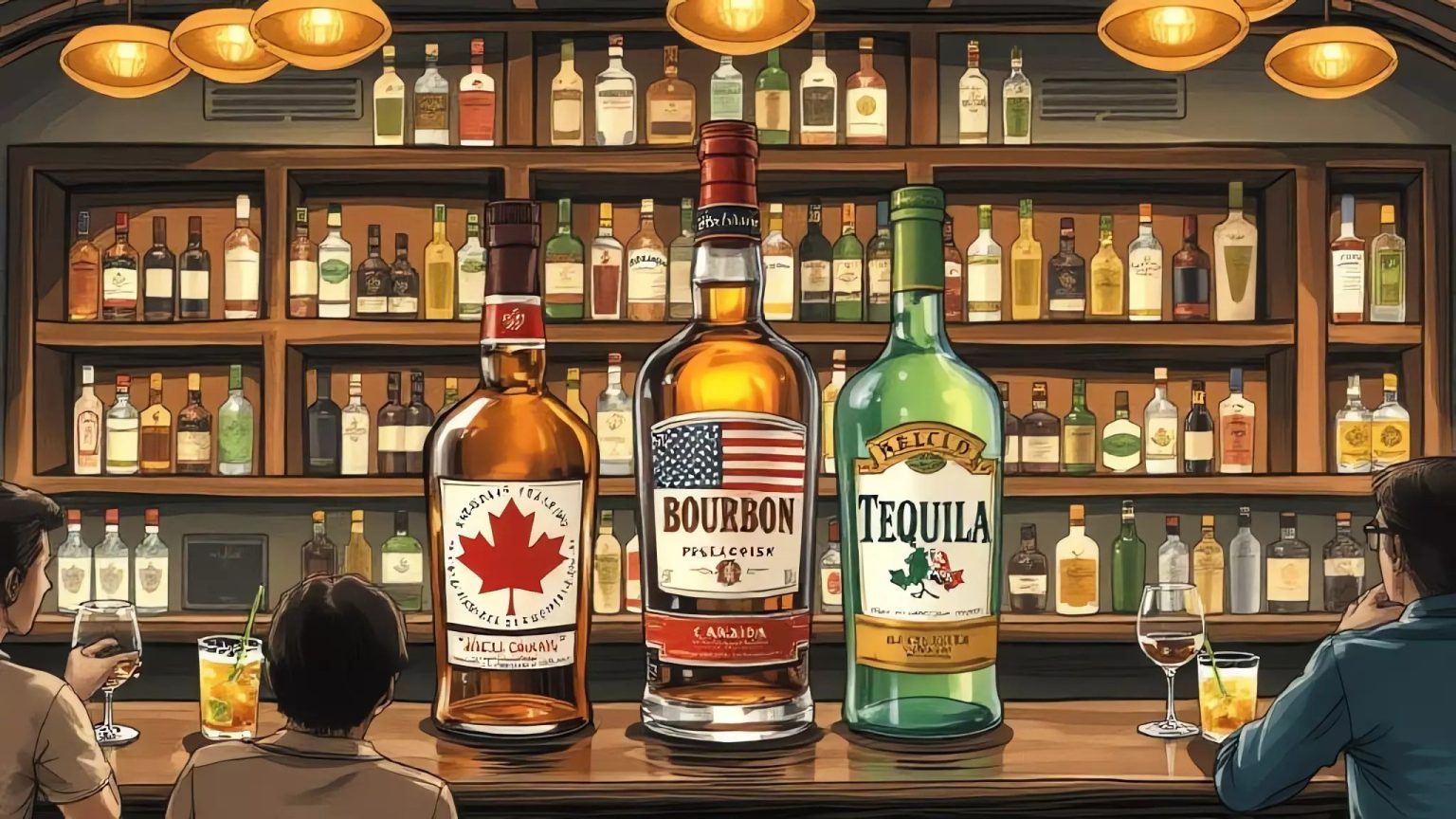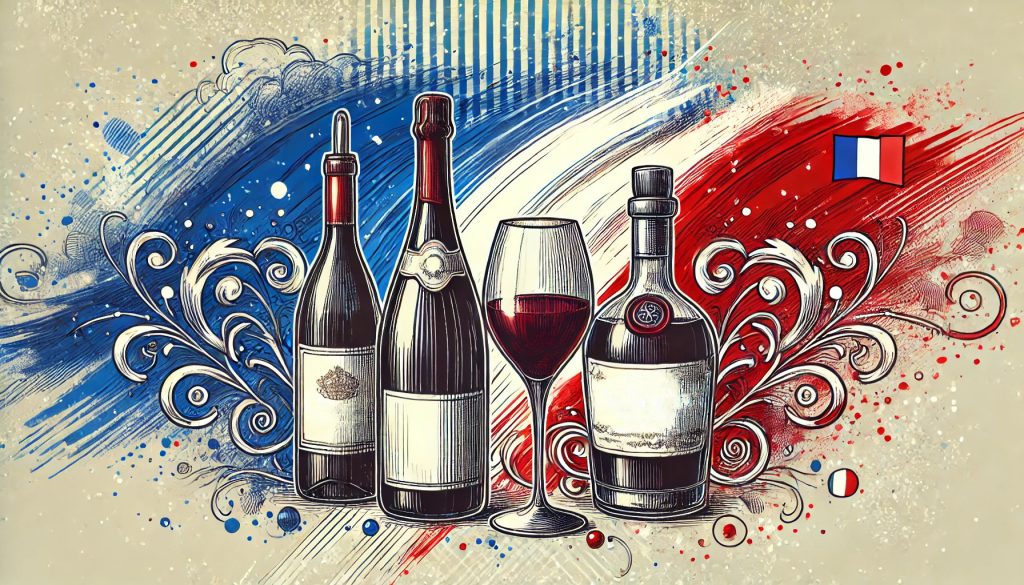Just two days after imposing 25% tariffs on Canada and Mexico, U.S. President Donald Trump hit pause. On March 6, he suspended duties on USMCA goods until April 2, offering a brief reprieve to the spirits industry. Yet, Canada’s ban on U.S. liquor and public backlash complicate any quick resolution.
Trump first announced the tariffs in early February: 25% on Canada and Mexico, citing fentanyl concerns, set for March 4. When the duties kicked in, Canada hit back with 25% tariffs on $30 billion in U.S. goods and threatened another $125 billion wave, while Mexico signaled retaliation. In a sudden shift, Trump hinted at sparing Mexico Thursday morning—then extended the suspension to Canada by afternoon, halting USMCA tariffs for a month (Reuters). Canada’s Finance Minister Dominic LeBlanc posted on X, delaying that second wave to April 2.
The suspension spares American importers from tariff hikes on Canadian whisky and Mexican tequila, valued annually at $622 million and $5200 million respectively. But U.S. exporters, who shipped $221 million in spirits to Canada in 2024, are reeling—since March 4, Ontario’s LCBO halted new orders for 3,600 American products, with Quebec’s SAQ and British Columbia’s liquor stores following suit. Mexico’s tequila trade dodges retaliation but remains on guard.
Even with the tariff retaliation paused, Canada’s defiance digs in. Since March 4, provincial bans persist—Canadian X users slam U.S. “trade bullying,” and public anger festers. U.S. spirits vanish from shelves, exporters lose ground, and retailers scramble.
U.S. spirits makers call for a stable USMCA safeguard, wary of prolonged uncertainty. Canadian retailers, while seeing a rise in local brands, warn of supply chain disruptions. Meanwhile, Mexico’s tequila industry watches closely, hoping the suspension leads to a lasting resolution.
April 2 looms as the next test. If fentanyl talks falter, Trump may reinstate 25% tariffs or push “reciprocal” ones, U.S. Commerce Secretary Howard Lutnick told CNBC. For spirits, that risks renewed export squeezes and import costs.
For now, the spirits trade holds its breath. The reprieve is fragile, and with April 2 looming, uncertainty still overshadows the industry.


